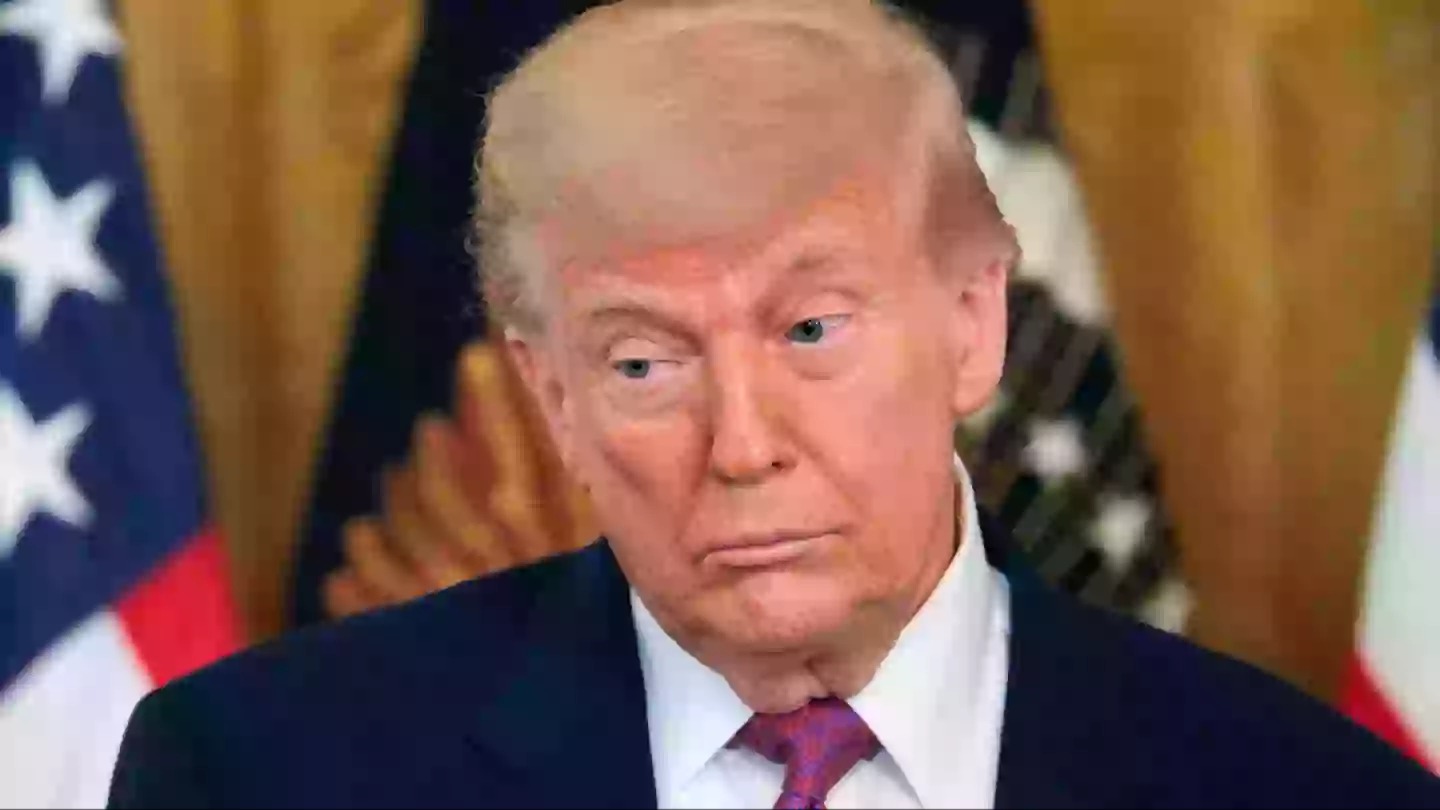Former U.S. President Donald Trump’s early exit from the 2025 G7 Summit in Canada has drawn widespread media and political scrutiny, particularly due to his subsequent remarks concerning ongoing tensions in the Middle East. The G7, an annual meeting involving leaders from seven of the world’s largest advanced economies—the United States, Canada, France, Germany, the United Kingdom, Italy, and Japan—was held to coordinate international economic policies and respond to global security concerns.
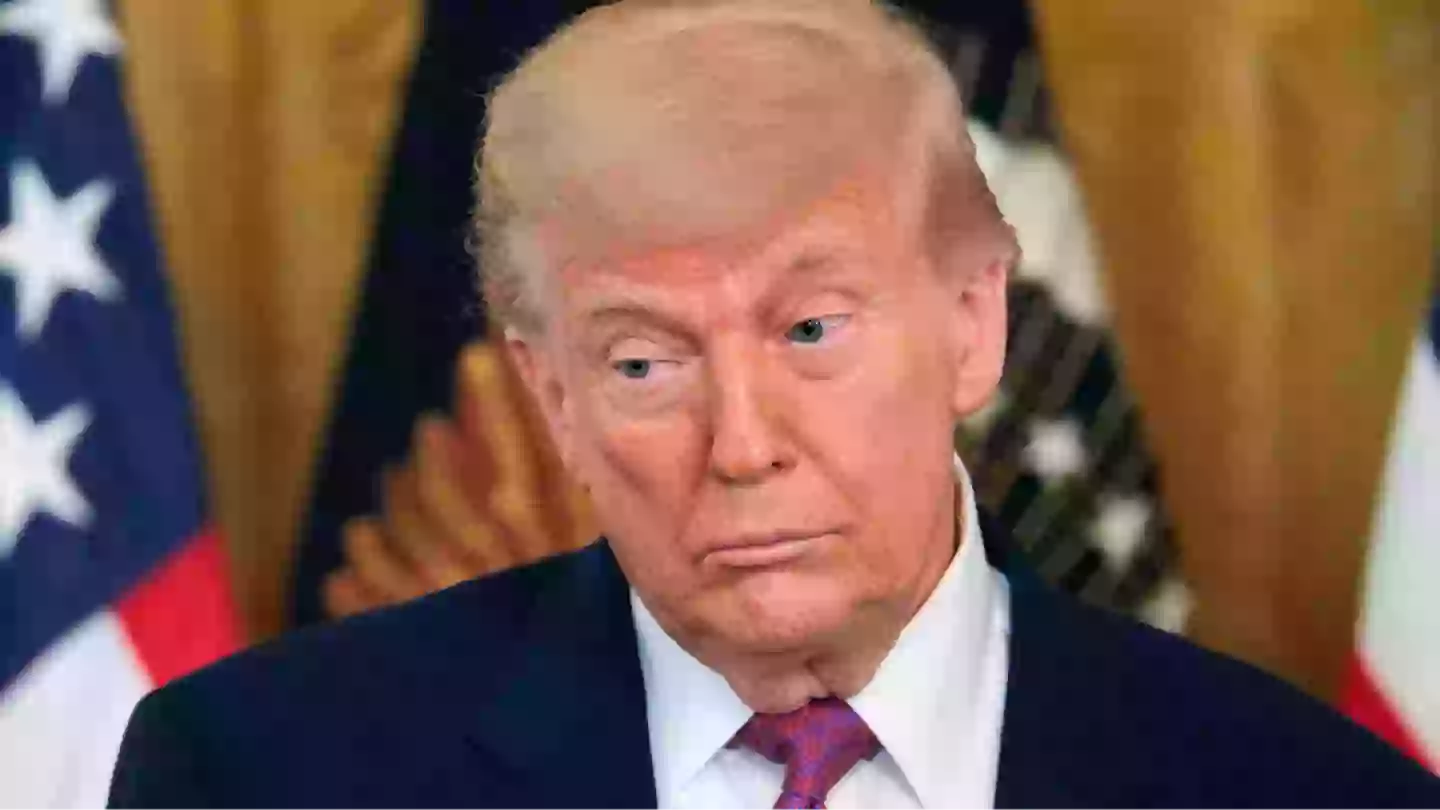
According to an official statement by White House Press Secretary Karoline Leavitt, President Trump departed the summit on the evening of June 16, following a dinner with other G7 leaders. Leavitt cited developments in the Middle East as the primary reason for the early departure. “Much was accomplished, but because of what’s going on in the Middle East, President Trump will be leaving tonight after dinner,” she wrote on X (formerly Twitter), a platform owned by Elon Musk.

G7 Focuses on Global Coordination
The 2025 summit was expected to conclude with a joint statement addressing several pressing issues, including climate change, global economic recovery, and the escalating conflict in the Middle East. Trump signed the joint G7 declaration, which included a collective call for de-escalation and the establishment of a ceasefire in the region, particularly in relation to military activities involving Israel and Iran.

Despite this joint stance, Trump issued a separate public message via his social media platform, Truth Social, which diverged sharply in tone and content from the official G7 communiqué. In his post, Trump advised residents of Tehran to evacuate in light of Israel’s ongoing airstrikes targeting Iranian military and nuclear facilities. His statement quickly circulated online and attracted significant attention from the media, international observers, and political analysts.
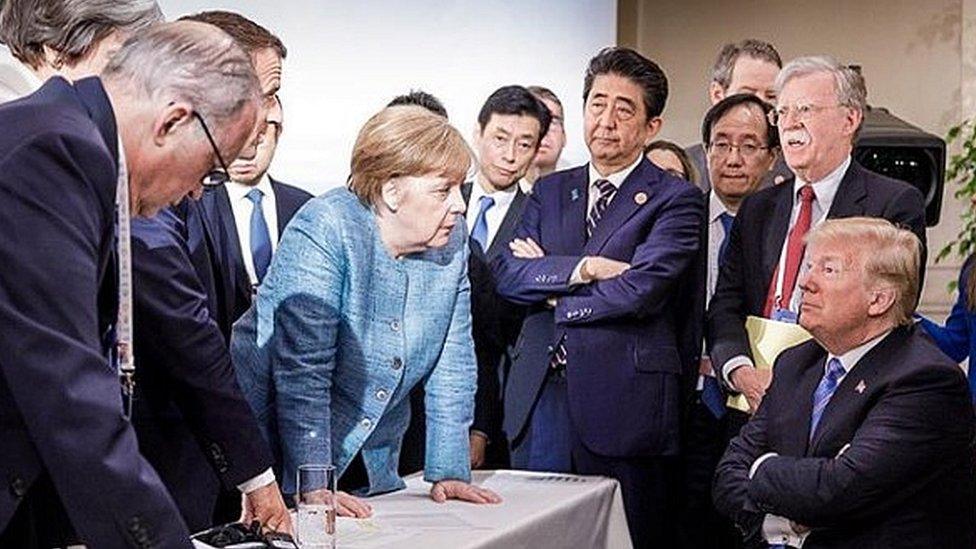
Israel-Iran Tensions and U.S. Involvement
According to reporting by Reuters and The New York Times, Israel began launching targeted strikes on Iranian infrastructure on June 13, focusing on facilities suspected to be linked to Iran’s nuclear program. These strikes were reportedly part of a broader strategic operation by Israel in response to escalating threats in the region. The U.S. government has stated through official Pentagon and State Department briefings that the United States has not taken part in the military operations and continues to monitor the situation while advocating for restraint on all sides.
Nevertheless, Trump’s public commentary appeared to diverge from the U.S. government’s official diplomatic posture. In one Truth Social post, he criticized French President Emmanuel Macron for linking his G7 departure to ceasefire negotiations. “Publicity-seeking President Emmanuel Macron… mistakenly said that I left… to go back to D.C. to work on a ‘ceasefire’ between Israel and Iran. Wrong!” Trump stated, rejecting the claim and asserting that the reason for his departure was “much bigger than that.”
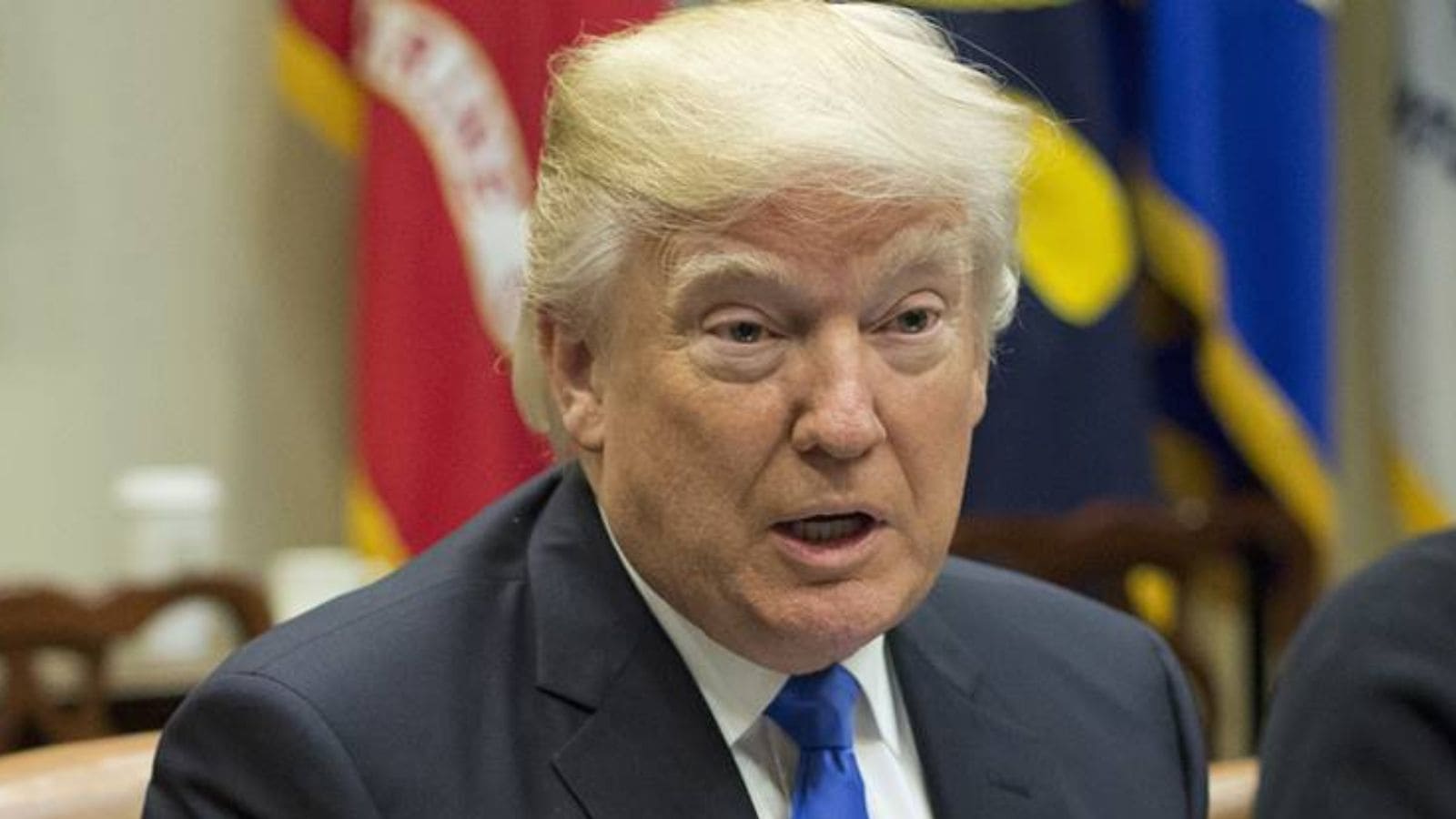
Reactions from Diplomats and Analysts
While Trump’s remarks reflect his personal communication style, they sparked considerable reaction from both domestic and international political commentators. Critics have argued that making public declarations during periods of heightened conflict—particularly statements suggesting imminent danger or possible military escalation—can undermine official diplomatic efforts and create confusion among allies and the general public.
The U.S. Department of State has not issued an official endorsement or rebuttal of Trump’s comments. However, experts from institutions such as the Council on Foreign Relations and the Brookings Institution have noted that consistency in diplomatic communication is vital, particularly during active international conflicts. Inaccurate or unofficial statements can impact negotiations and alter the tone of international dialogue.
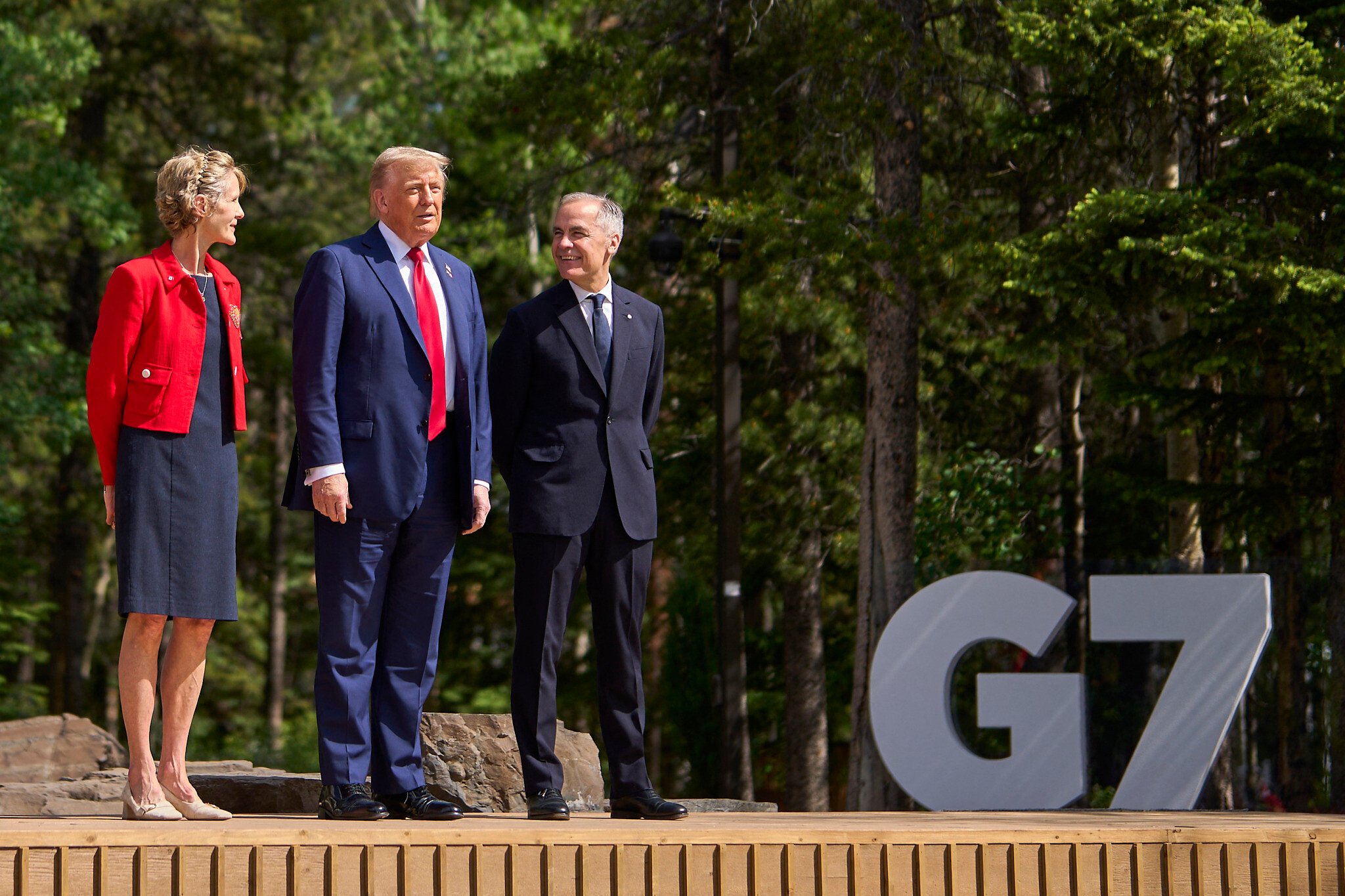
The Broader Impact of Presidential Messaging
Trump’s comments also reignited debate about the proper role of former presidents in shaping or commenting on U.S. foreign policy. While it is common for former presidents to share opinions on international affairs, doing so during ongoing military operations or diplomatic efforts can lead to conflicting narratives.
In a follow-up post, Trump criticized Iran for failing to reach an agreement with him, writing, “Iran should have signed the ‘deal’ I told them to sign… Simply stated, IRAN CAN NOT HAVE A NUCLEAR WEAPON.” He also reiterated the urgency of the situation by calling for immediate evacuation of Tehran, which many media outlets described as an unusually stark message.

The U.S. National Security Council and Department of Defense have not confirmed any ongoing efforts directly involving the former president related to negotiations with Iran. Current U.S. policy continues to support non-proliferation and discourages the development of nuclear weapons by any state not recognized under the Treaty on the Non-Proliferation of Nuclear Weapons (NPT), a key international agreement to which Iran is a signatory.
Media Coverage and Fact-Based Assessments
Media organizations such as BBC News, The Guardian, and Politico covered Trump’s early departure and subsequent remarks extensively. Most reports acknowledged the abrupt nature of the exit but emphasized the lack of official confirmation on the exact nature of the “bigger” issue Trump referenced.
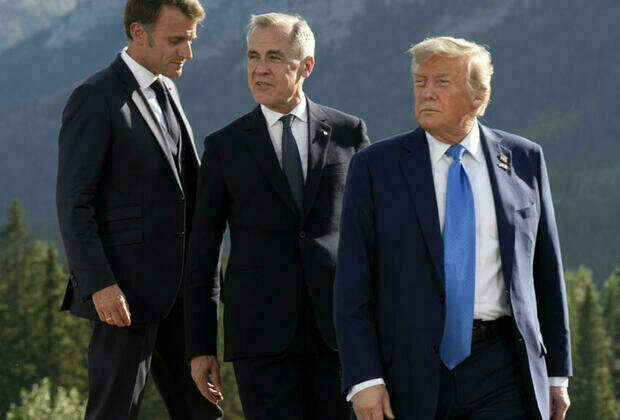
Fact-checking sites including PolitiFact and FactCheck.org noted that while tensions in the Middle East have significantly increased, there is no publicly verified information that confirms Trump had a specific diplomatic or national security task that required his return to Washington at that time.
Conclusion: Diplomatic Sensitivity Needed During Conflict
As geopolitical tensions continue in the Middle East, official diplomatic channels remain the primary means of conflict resolution and international coordination. While high-profile figures such as former presidents can influence public perception, their statements should be carefully weighed against verified information and ongoing diplomatic processes.

The 2025 G7 Summit concluded with reaffirmed commitments by participating nations to pursue peaceful solutions and international cooperation in managing conflicts and economic challenges. Trump’s departure and comments, while controversial, highlight the continued complexity of managing public communication in international affairs.

Sources:
G7 Official Website – 2025 Summit Briefing
Reuters – June 2025 Coverage of Middle East Tensions
The Guardian – G7 Departure Statement Analysis
Council on Foreign Relations – Iran Nuclear Policy Backgrounder
BBC News – G7 and U.S. Foreign Policy Reporting
U.S. Department of State – Iran Policy and Non-Proliferation Statements
